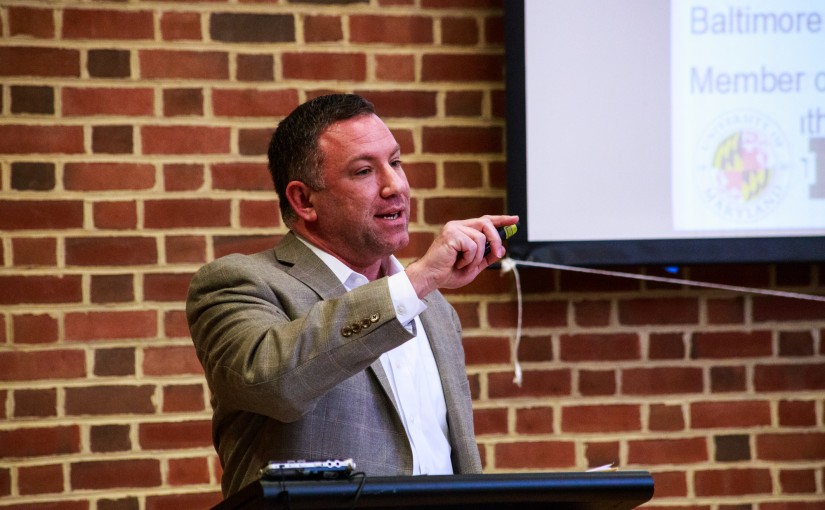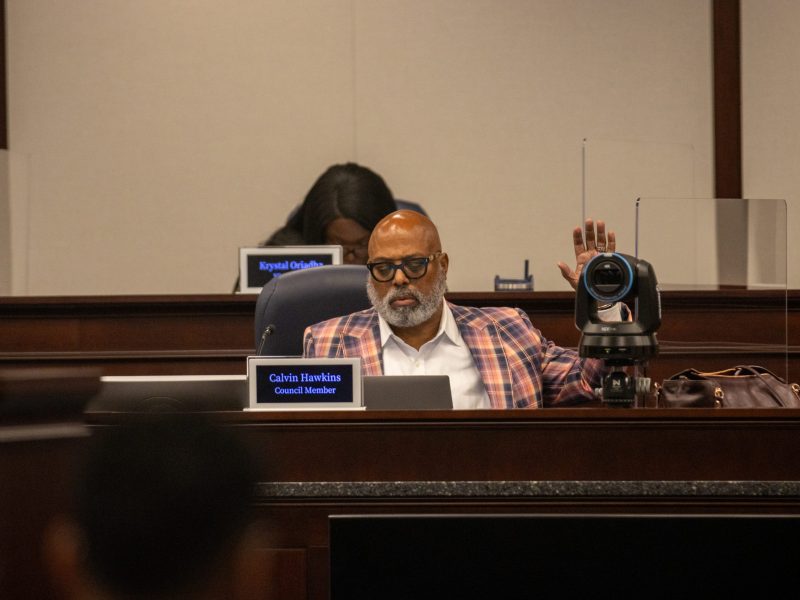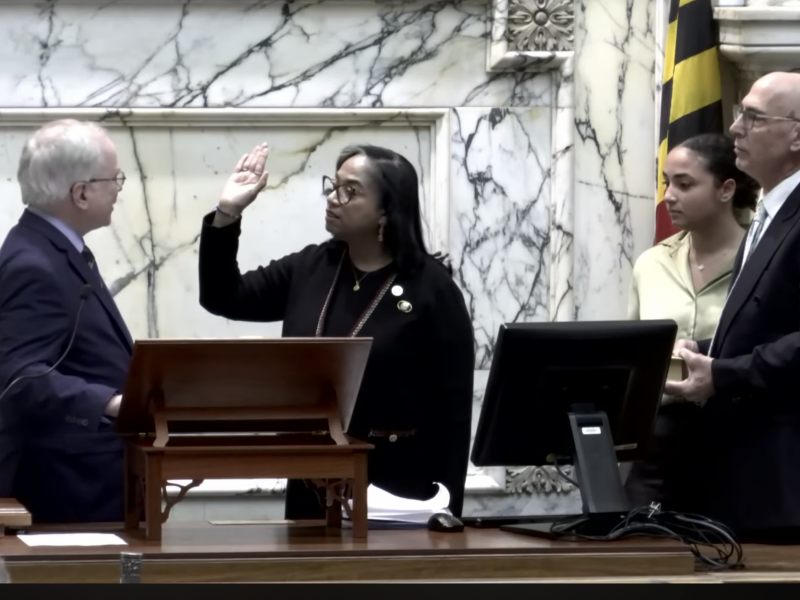The University of Maryland has taken the first steps to transfer 10 of its previously owned properties to the Terrapin Development Company.
Maryland’s Board of Public Works unanimously voted on Wednesday to declare the properties as surplus. This is a legally required step before it can transfer the properties to the Terrapin Development Company, which was created in July and is owned by the university and the University of Maryland College Park Foundation.
The 10 surplus university properties amount to nearly 30 acres and eight of the parcels surround The Hotel at the University of Maryland, said Ken Ulman, Terrapin Development Company president.
The three-member board will likely vote again in early December to transfer three of the properties to the Terrapin Development Company. The university will give the company exclusive rights to acquire the other seven properties over the next 10 years.
Once the three parcels of land are transferred, the Terrapin Development Company will be worth $47.5 million, according to the University System of Maryland Board of Regents.
“It’s not a lot of land but it’s in important locations,” said Carlo Colella, the university vice president for administration and finance and a Terrapin Development Company board member, adding that businesses have indicated their interest in the parcels of land the university owns.
Ulman said transferring the properties to the company is necessary to continue the transformation of Greater College Park into a top-college town.
While the foundation and this university have been successful in managing real estate in an “ad hoc” way, neither are organized or structured to do this, Colella said. The Terrapin Development Company will carry out the work the two parties have done in the past four to five years to continue developing their land, he added.
The foundation’s core mission is to manage the endowment fund and the university’s is to provide an education, Ulman said. The Terrapin Development Company’s core mission is to acquire, develop and lease real estate — such as MilkBoy ArtHouse or Little Tavern Park — that will help the city become a successful college town.
“I go to bed thinking about these things,” Ulman said. “I wake up thinking about these things.”
Mayor Patrick Wojahn said transferring the land from this university to the company benefits the city in several ways.
University developments are not on the city’s tax roll, which means they aren’t subject to the city’s property taxes. Developments carried out by the university also do not have to follow the county’s planning and zoning process, so the city and its residents don’t have the legal opportunity to give feedback on the projects.
Although this has not been an issue in recent years, the university tried to redevelop a golf course a few years ago that would have negatively impacted the community, Wojahn said.
“The history of the relationship between the city and the university has not always been so collaborative,” Wojahn said.
The city and the Terrapin Development Company have reached an agreement in which the company will go above the normal requirements for developers in the city by consulting with the city before it wants to buy new property or redevelop any of the land, Wojahn said.
The university’s involvement in the company ensures the future real estate development won’t just maximize developer profit in the short run, but is “consistent with what best serves the community” in the long term, Colella said.
The foundation transferred ownership of seven parcels of land to the company effectively the day it was founded, Ulman said. The process for transferring the university’s land has taken longer.
The company had to get support from not only the Board of Public Works, but the University System of Maryland Board of Regents, State Clearinghouse, Prince George’s County and the City of College Park.
“If I ever get impatient or wish it would go more smoothly, today I’m able to sort of look back at The Hotel and reflect and recall the many steps along the way where it seemed like things were too hard or maybe it wasn’t going to happen,” Colella said. “That process started probably four and half years or so ago.”



